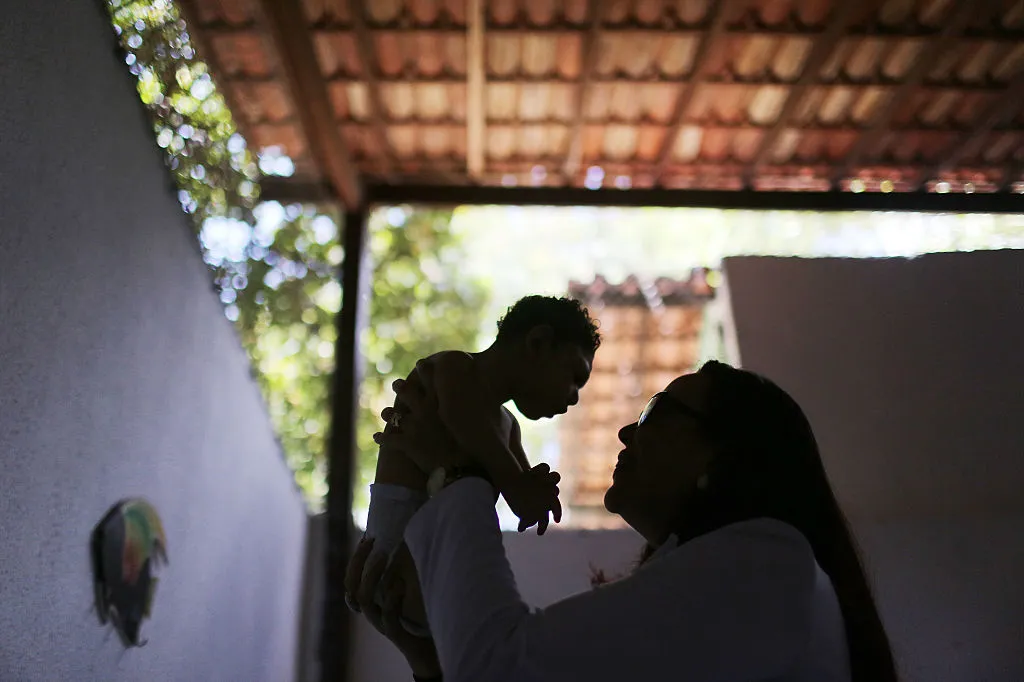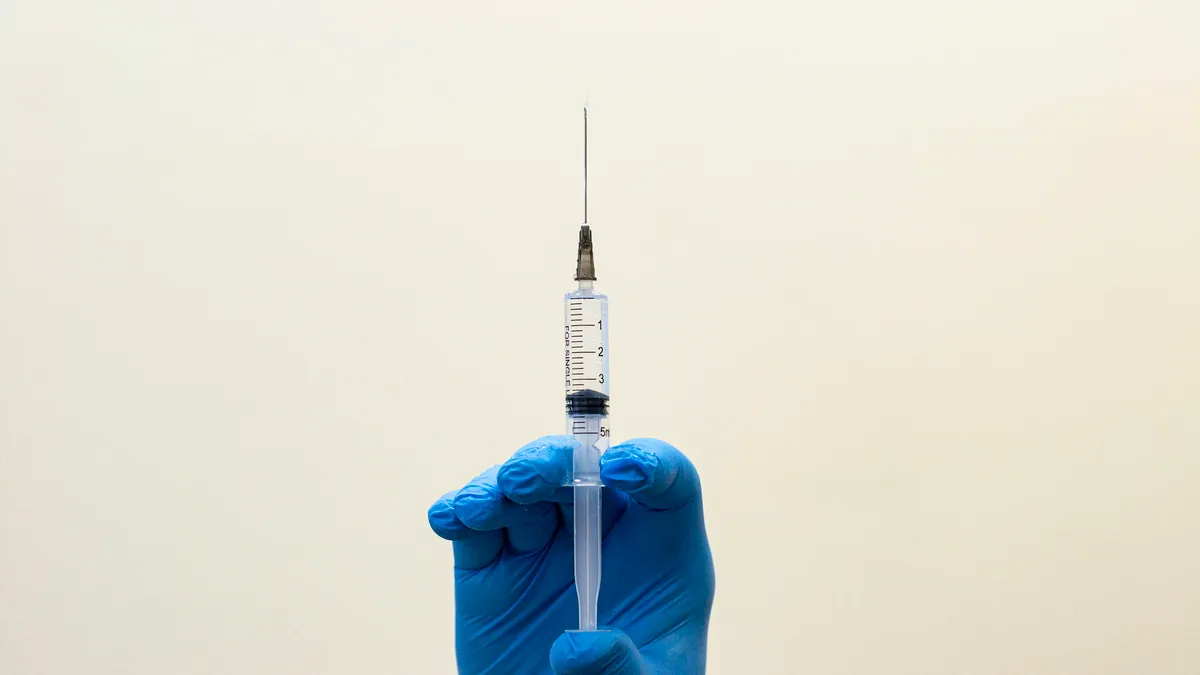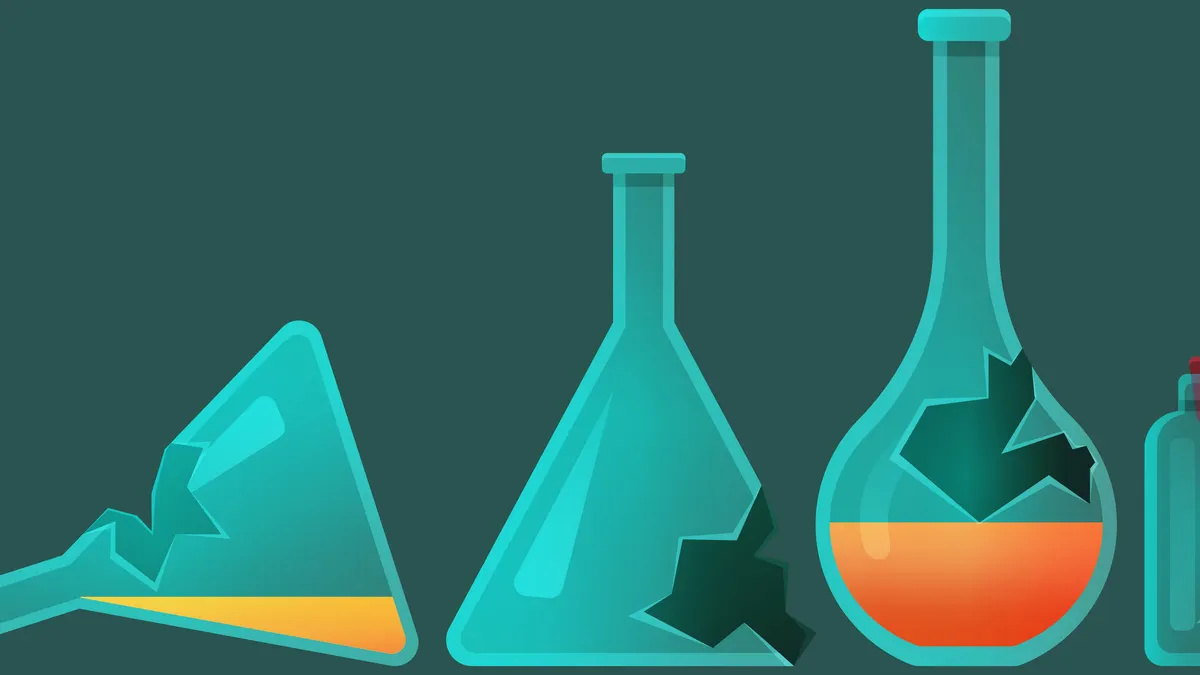In 1900, the U.S. Army tapped pathologist Walter Reed to find out what was causing yellow fever, a rare, sometimes deadly disease infecting American troops fighting against Spanish forces in Cuba during the Spanish-American War. Some believed mosquitoes spread the disease and Reed set out to prove it.
For the research, volunteers signed on to be bitten by mosquitos that had previously fed on infected patients. His work confirmed the insect vector, but a scientist working on the project died of yellow fever after accidentally being bitten. Later yellow fever experiments inducing a mild infection to confer immunity instead killed three volunteers, igniting a public outcry.
The rising body count and ethically questionable practices in similar trials over the years had a chilling effect on the centuries-old practice of human challenge studies, which deliberately expose human subjects to a pathogen to test vaccines or treatments.
After falling out of favor for many years, interest in human challenge trials is growing, most recently driven by the search for vaccines and treatment for COVID-19. Now, a potential growing prevalence of infectious diseases being triggered by climate change and ongoing unmet patient needs could increase the demand for challenge trials.
And while these trials rightly inspire ethical handwringing because of their potential to exploit patients, they’re often the fastest way to overcome logistical impediments and make viable progress toward vaccines or treatments against deadly diseases.
A growing trial segment
The first COVID human challenge trial began in 2021 after substantial ethical debate. Other ongoing trials target diseases like malaria, Zika and norovirus.
There are hundreds of human challenge studies ongoing around the world, said Jake Mathon, director of cardiometabolic, infectious and genitourinary diseases and vaccines at Citeline, which collected the data.
“Developing ethically and scientifically strong human challenge trials relies on robust informed consent and ethical oversight to ensure participants fully understand the risks involved.”

Sheila Omondi
Senior manager and practice lead, clinical consulting, Citeline
“The number of trials picked up pace after the early 2000s and have been fairly consistent since then. The most have taken place in the U.S. followed by the UK and then a big drop-off to the next countries,” Mathon said.
The majority of these trials, 367, are sponsored by government agencies and academic groups, versus just 154 sponsored by industry and all other pharma, according to Citeline’s data. While challenge trials are ticking up, they’re still far less common than traditional trial models.
“Challenge trials are not part of the traditional regulatory pathway that drug developers follow in order to gain approval for new infectious disease drugs, despite the potential advantages and speed of getting a result,” Mathon said.
Only around 30 new studies begin each year, comprising just 2% of the infectious disease total, he said.
Despite their small number, these trials can pay off. For example, in 1796 Edward Jenner showed that cowpox infections could provide immunity against the far more dangerous smallpox virus by testing the idea on an 8-year-old boy. More recently, the University of Maryland was able to develop the only FDA-approved vaccine to protect travelers against cholera in 2016 using human challenge studies, which also led to new antivirals approved for influenza and demonstrated efficacy for Bharat Biotech’s typhoid vaccine, Typbar TCV.
Protecting human subjects
Today, there’s a strong emphasis on making sure research doesn’t overshadow individual rights, and upholds ethics and safety standards. International organizations, including the WHO, have introduced trial guidelines.
“Some of the logistic issues for challenge trials are ensuring the pathogens can be contained by quarantining and isolating the subjects,” said Mathon. “Facilities need to be able to treat the subjects after infection. There is also a time commitment component for subjects as they need to spend time in isolation. This can increase costs as subjects need to be compensated for time and increased risks.”
Ethical standards are also critical.
“The data shows that low-income countries and lower-middle income still face the burden of infectious diseases,” said Sheila Omondi, senior manager and practice lead for clinical consulting at Citeline. “Ethical concerns may be more pronounced in these developing countries due to potential exploitation and unequal access to benefits. There could be financial motivation for taking part which would be offered to people who don’t fully understand the risks.”
But ethical questions have also been raised in more affluent regions.
“There is also evidence this is occurring in the UK, with media outlets advertising human challenge studies as a potential solution to the cost-of-living crisis,” Omondi said. “The UK has been more open to human challenge trials and has considered them a tool in the fight against infectious diseases, including by funding those focused on COVID-19 vaccine development.”
Researchers conducting these trials can’t afford to skirt moral boundaries.
“Developing ethically and scientifically strong human challenge trials relies on robust informed consent and ethical oversight to ensure participants fully understand the risks involved,” Omondi said.

Weighing the benefits
While challenge trials bring risks, avoiding them altogether can take a heavy human toll. The search for a vaccine for mosquito-borne Zika is a prime example.
Viral outbreaks of Zika are sporadic and unpredictable, making it difficult to run clinical trials. Human challenge studies enable them to continue when disease outbreaks wane. In addition to decreasing overall development time, the outcome of the trials can be weighed against getting specific data on the efficacy of vaccines versus using surrogate endpoints, such as an antibody titer, that may not correlate to clinical protection, Mathon said.
But abuses from the past still figure prominently and not everyone is willing to overlook the potential risks of these trials. The idea of rolling up your sleeve to be deliberately infected with a pathogen might make most people pause, although throughout history many have done it — some knowingly, others not.
During COVID, people were willing to sign on, even though there were initially no treatments that could save them if the new disease took a dangerous turn. Debates at the time indicated that many believed these trials were unethical given that otherwise young healthy adults died or were disabled by the long-term effects of the disease.
But ultimately, the benefits of challenge trials can outweigh the risks and the industry will likely continue using them in coming years, provided there are proper procedures in place.
“Research must be conducted ethically, understanding socio-economic, political, and cultural context of where the studies are being implemented,” Omondi said. “Recognizing the diverse and sometimes perverse nature of potential benefits and burdens in each context and who this might implicate is critical.”




















